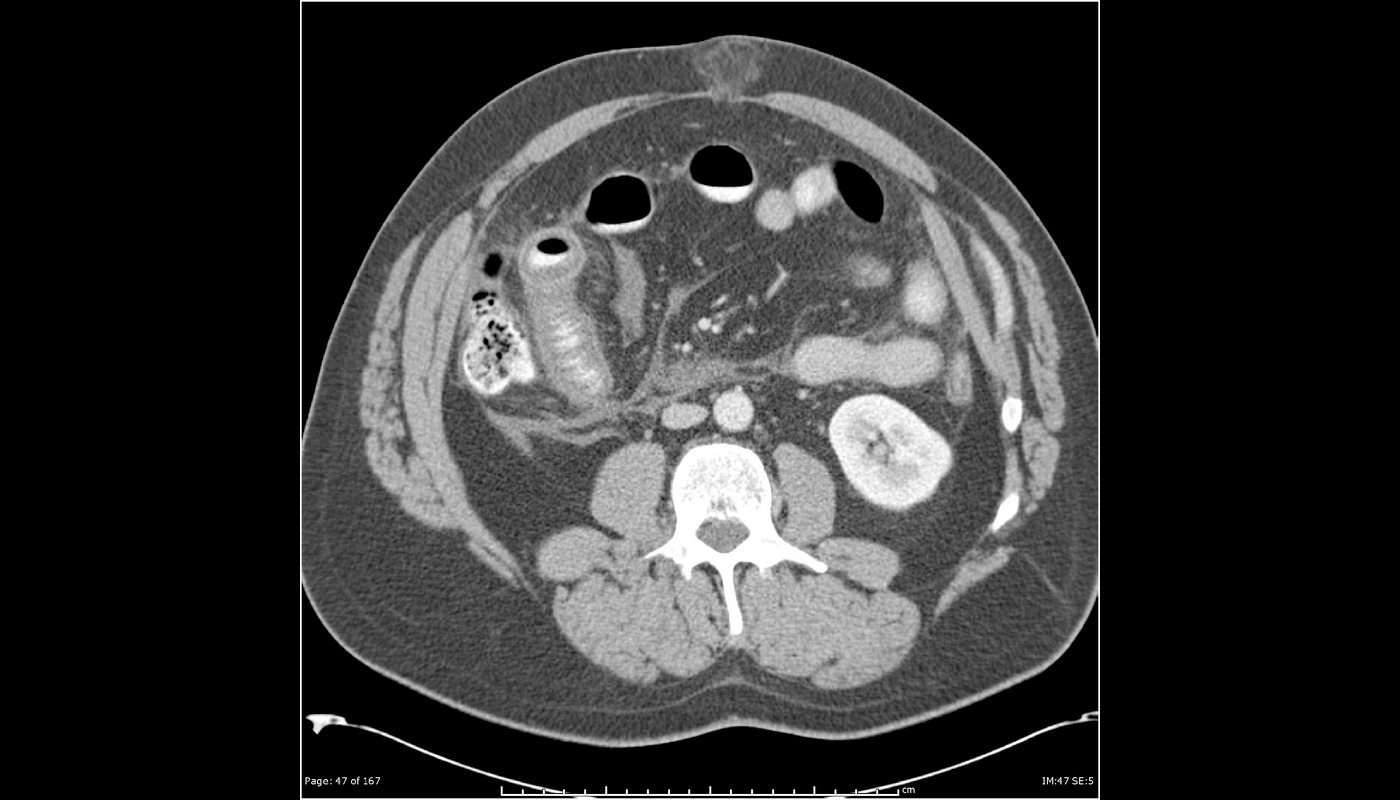Traditional Chinese Herb Delivered by IV Improves Stroke Victims' Recovery, Shows Large Scientific Study
A Chinese herbal remedy made from the Ginkgo tree was shown to aid in the recovery of stroke victims, according to a new study.

CRISPR is at it again: this time providing a single-dose option to cure a debilitating genetic disorder called hereditary angioedema.
Patients who took part in the first human trial have reported dramatic improvements in their health and quality of life, easing or completely removing the painful and potentially fatal swelling that arises from the condition.
Hereditary angioedema (HAE) is a rare genetic disorder that affects about 1 in 50,000 people, and causes bouts of painful swelling arising from leaky blood vessels. The swelling can occur at any time, as often as twice a week, and can last for hours or even days.
In some cases the swelling will occur in the throat, and hospitalization is required.
HAE is caused by a mutation in the C1 inhibitor gene, which codes for the regulation of the protein kallikrein, which itself helps regulate another protein called bradykinin. The dysfunction of this three-part interaction leads to the leaky blood vessels inherent in the disease.
The phase-one human trial was conducted in the UK, Netherlands, and New Zealand, and saw 10 patients receive a dose of nanolipids delivered via the Nobel Prize-winning CRISPR gene-editing technology that corrects the C1 kallikrein gene.
"I've had a radical improvement in my physical and mental wellbeing," said 54-year-old Cleveland, from Suffolk, UK. "The randomness, unpredictability, and potential severity of the attacks have made trying to live my life almost impossible. I spent my life constantly wondering if my next attack would be severe."
Another patient described it acting as sure and thorough as a "medical magic wand," and described herself as having a "whole new life."
A phase-two trial has already been completed, and the authors hope to have the information to publish a paper on it next year.
The news comes a few months after the FDA approved the treatment of sickle-cell disease with a CRISPR-derived method, after several trials found it safe and effective.
These single-dose gene therapies are eye-wateringly expensive, however, with this treatment bearing a tag comparable to a higher-end Lamborghini.
However, since HAE will require years of constant medical attention, some insurance companies may pay at least a part.
SHARE Another Triumph Of This Revolutionary Medical Technology…
Be the first to comment